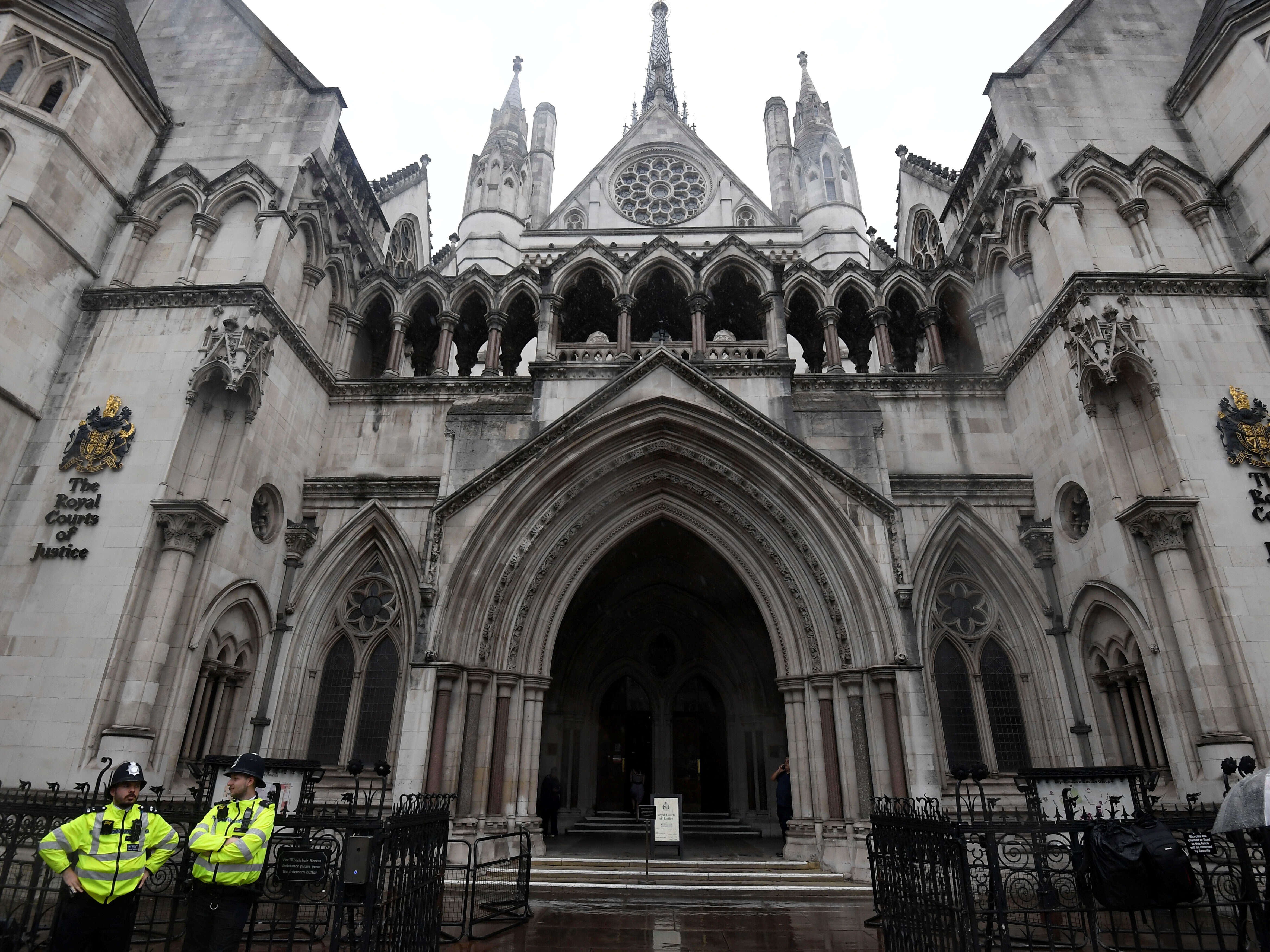
A journalist has won a High Court bid to overturn a judge’s order permitting police to examine devices seized as part of an Official Secrets Act investigation.
In July last year, Metropolitan Police officers seized “a large quantity of electronic devices and documents” from the home and workplace of the unnamed individual who claimed some of the contents were “journalistic or privileged parliamentary materials”.
Judge Mark Lucraft KC, the Recorder of London, had previously granted the force warrants to conduct the searches, which also targeted two other individuals suspected of committing offences under the Official Secrets Act.
The probe concerned the “disclosure of information relating to national security and intelligence, and information relating to defence”, judges were told.
Following a later private court hearing, Judge Lucraft ruled, despite opposition from the journalist identified only as LXP, that officers could download and search for material belonging to the Government that had been “unlawfully disclosed”.
The Met said it wanted to examine documents protected by the Official Secrets Act that the two other people, identified only as X and Y, may have allegedly unlawfully passed on to LXP.
On Friday, Lady Justice Macur and Mr Justice Garnham quashed the judge’s order after it was challenged by LXP at the High Court.
They concluded the judge had made a “bold finding” that there was “a clear distinction made between true journalistic material and material that has been stolen” without considering LXP’s arguments over protections for journalistic material.
The senior judges said this “flies in the face” of previous legal cases, including one where it was said that there are cases where “the law should protect stolen journalistic material”.
The Met argued that the judge had taken a “reasonable and appropriate” view of how any journalistic material would be identified and separated during a search.
Lawyers for the force said it was seeking “material stolen by two crown servants and evidence of its theft” and that this was correctly identified by the judge as not journalistic material.
Lady Justice Macur and Mr Justice Garnham, who are not aware of the details of the material on the devices officers want to examine, said the judge had failed to acknowledge that it should be decided whether the material was journalistic and “immune from inspection”.
“If the stable door is opened by the police conducting the search, the horse named ‘journalistic protection’ has already bolted, before the judge has considered where the balance of public interest lies,” they said.
The judges ruled that the Met should not examine the seized devices, which should instead be done by an independent barrister according to certain search terms.
LXP will be able to identify which materials he claims are journalistic and should not be disclosed to the force.
Officers will have to go back to court to argue for permission to inspect the material.
LXP has “neither confirmed nor denied the factual premise” of the police probe, judges said, saying that he was “restricted in the details which he could provide of his journalistic work because of the need to protect the identity of his journalistic sources” and “to avoid self-incrimination”.
The judges continued a court order granting LXP anonymity.
LXP’s solicitor Katie Whately, from law firm Bindmans, said the judge’s quashed order “would have ridden roughshod” over the “delicate balance between essential protections for journalistic material and the public interest in effective criminal investigations”.
She added: “If the order had been upheld, vitally important legal safeguards that protect journalistic material would have been watered down, making it easier for police to seize or obtain journalistic material, including confidential source material, no matter the public interest value of the story.”
Email pged@pressgazette.co.uk to point out mistakes, provide story tips or send in a letter for publication on our "Letters Page" blog
